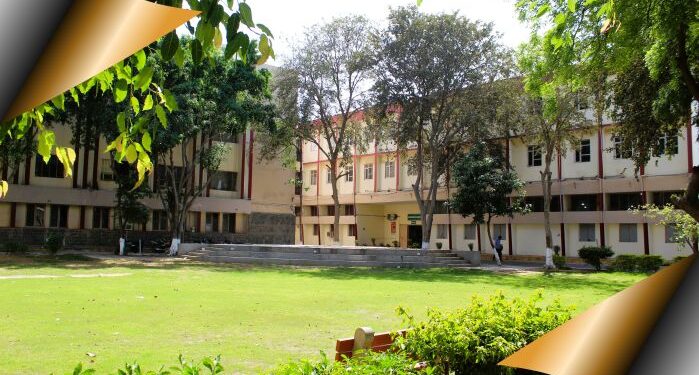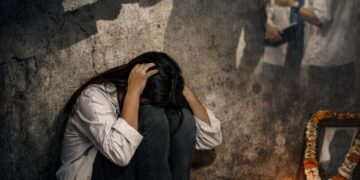It is a matter of deep anguish and disbelief that medical doctors — universally regarded as healers — are now being investigated as destroyers of humanity. The emerging reports that a suspected terror module linked to Al-Falah University includes senior doctors have shocked the nation. Even more disturbing are whispers suggesting that the institution itself may have been established to serve a darker mission — a speculation that, whether true or not, reflects how shaken the public is.
Al-Falah University’s journey is itself symbolic of India’s higher education paradox: it represents both aspiration and systemic failure. Emerging from the Al-Falah School of Engineering & Technology (established 1997), the university ascended quickly after gaining minority status under Article 30(1) and being established through a Haryana legislative act. A 70-acre campus in the Aravalli foothills should have been a testament to rising India and to the confidence of a Muslim charitable trust building a center of learning.
And yet, the very same institution now finds itself questioned for dubious accreditation claims, possible regulatory violations, and now — most gravely — suspected links to terrorism.
The Al-Falah School of Medical Sciences & Research Centre, which began its first MBBS batch in 2019, carried the promise of educating 200 young doctors each year. Paired with a 650-bed charitable hospital, the university was poised to become a model of inclusive growth and professional excellence. Alongside its B.Ed program and growing multidisciplinary profile, Al-Falah appeared positioned to become a showpiece Muslim-led institution — an example of how education uplifts communities while strengthening the nation.
All of that stands overshadowed today.
The Red Fort car-bomb blast — a horrifying act that claimed 15 innocent lives — has placed the university under unprecedented scrutiny. According to investigators, an assistant professor from the university, Dr. Umar Un Nabi, is alleged to have been involved and may even have died in the attack. These details are still under investigation, but they have already shaken the institution’s standing beyond measure.
If the ongoing probe confirms the existence of a “white-collar terror ecosystem,” then Al-Falah University cannot simply dissociate itself. Such an operation would likely need networks, logistics, and ideological space. That raises a chilling question: was this an isolated infiltration or something deeper? Authorities must determine that — transparently, thoroughly, and lawfully.
In the crosshairs now are hundreds of students — youth who came seeking education, not suspicion; careers being built, not condemned. Their futures hang in uncertainty. Will their degrees stand? Will employers trust them? Will they carry the burden of a stigma they did not create?
For now, it would be premature — even irresponsible — to reach final conclusions. But the university’s image has been damaged, perhaps irreversibly.
This crisis also risks wider social repercussions — reinforcing mistrust, feeding prejudice, and making genuine minority-run institutions more vulnerable to scrutiny, hostility, or bias.
What must happen now is clear:
- The Haryana Government must intervene urgently — even if only as a caretaker — to ensure academic continuity and protect students.
- Investigations must be allowed to proceed without interference.
- The trustees must cooperate, transparently and fully, placing law above loyalty.
- And the wider academic community must reject and isolate those who exploit education for extremist ends.
If the allegations are proven, the criminals must be seen for what they are: outcasts, traitors to both nation and faith, enemies of humanity.
But the innocent — especially students — must not be collateral damage.
Al-Falah University could have become a source of national pride, particularly among Muslims aspiring to build institutions of excellence and service. It still can — but only if truth is faced, accountability is real, and justice is done.












